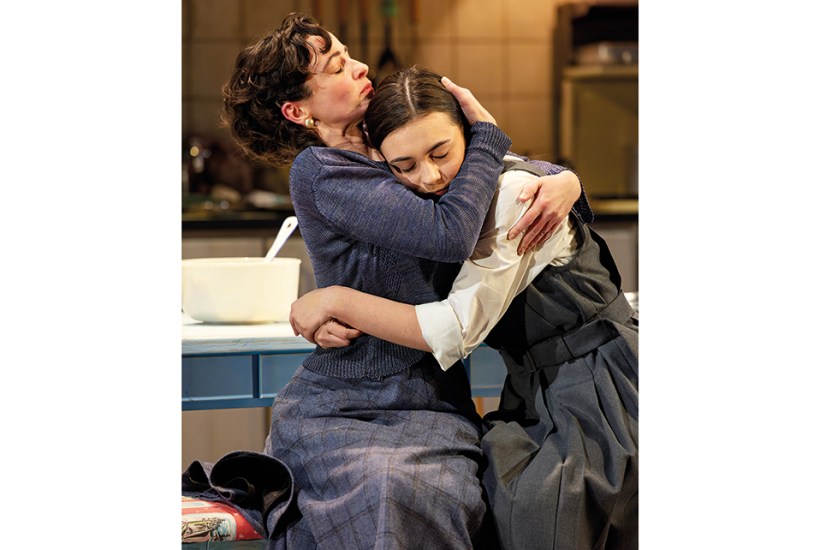Fifteen years after penning his mega-hit Jerusalem, Jez Butterworth has knocked out a new drama. The slightly baffling title, The Hills of California, refers to a hit by Johnny Mercer (the US songwriter not the MP for Plymouth) and it suggests American themes and locations. But the show is set in a knackered old Blackpool boarding house in the 1970s, where three sisters are waiting for their elderly mum to croak.
Already a subscriber? Log in
Subscribe for just $2 a week
Try a month of The Spectator Australia absolutely free and without commitment. Not only that but – if you choose to continue – you’ll pay just $2 a week for your first year.
- Unlimited access to spectator.com.au and app
- The weekly edition on the Spectator Australia app
- Spectator podcasts and newsletters
- Full access to spectator.co.uk
Or
Unlock this article
You might disagree with half of it, but you’ll enjoy reading all of it. Try your first month for free, then just $2 a week for the remainder of your first year.








Comments
Don't miss out
Join the conversation with other Spectator Australia readers. Subscribe to leave a comment.
SUBSCRIBEAlready a subscriber? Log in